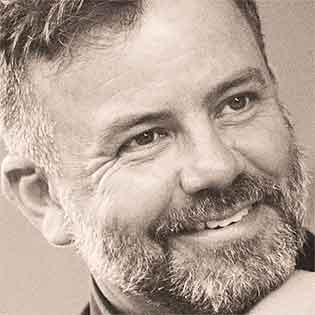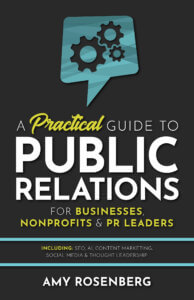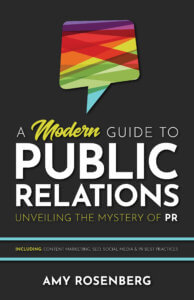
Amy’s Book Reviews—On Writing, Racism & Working Freedom
I read every night, no matter what.
It doesn’t matter if it is a work of fiction, a business book, or a personal self-improvement compilation. The act of reading helps me fall asleep but it’s so much more.
On the deepest level a good book affects my dreams. My dream-thoughts are influenced and structured the way in which the writer structures their prose. I’m literally writing in my dreams—heavily copying my current read’s style, pulling out lines for press releases and emails in the most mundane sense but if I’m really lucky I’ll dream a line from out of nowhere in the early morning hours that could be used in a different sort of piece. If I’m even luckier, I’ll remember it. Twice the lines have jolted me awake and I had to write them down.
On a more fundamental level I believe that reading helps us become better writers. It is through reading that we learn how to structure a phrase, move to new ideas, deliver a quote. Since this is a business blog I will introduce a few of the business books that I’ve read but I can’t do that without mentioning the book I simply could not put down, finished last night.
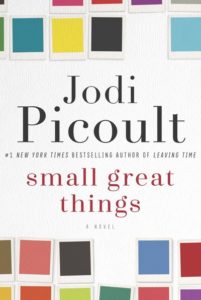 It was one of those books that I am happy to be done with because it was consuming my thoughts, affecting my sleep, not only because I couldn’t put it down but because when I did I was wondering what would happen next, upset about the injustice of it all.The book was “Small Great Things” by Jodi Picoult, said to be the most important novel she has ever written by the Washington Post. If you are a human living on this earth, you simply must read it. It explores racism in America through a fictional setting in which an African American nurse cares for the baby of white supremacists. What’s even more shocking than what happens next is getting a peek into the minds of each character, representing varying points-of-view in America, from the white supremacist to the middle class African American to the privileged white defense lawyer—who’s unrecognized, hidden racism is the most surprising of all. Something we need to examine deep within ourselves if we are also white and believe we are not racist.
It was one of those books that I am happy to be done with because it was consuming my thoughts, affecting my sleep, not only because I couldn’t put it down but because when I did I was wondering what would happen next, upset about the injustice of it all.The book was “Small Great Things” by Jodi Picoult, said to be the most important novel she has ever written by the Washington Post. If you are a human living on this earth, you simply must read it. It explores racism in America through a fictional setting in which an African American nurse cares for the baby of white supremacists. What’s even more shocking than what happens next is getting a peek into the minds of each character, representing varying points-of-view in America, from the white supremacist to the middle class African American to the privileged white defense lawyer—who’s unrecognized, hidden racism is the most surprising of all. Something we need to examine deep within ourselves if we are also white and believe we are not racist.
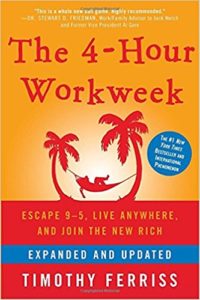 And on that uplifting note, I’m moving on to the business books. I am loving Tim Ferriss’ “The 4-Hour Workweek.” I purchased it on my iPad and devoured it, realizing I needed to hold it in my hands so I could dissect it further. So I bought it again in hardback and am writing notes in the margins.
And on that uplifting note, I’m moving on to the business books. I am loving Tim Ferriss’ “The 4-Hour Workweek.” I purchased it on my iPad and devoured it, realizing I needed to hold it in my hands so I could dissect it further. So I bought it again in hardback and am writing notes in the margins.
I’d already done half of the book’s suggestions years before reading it. And I mean that in the most elemental way. About 10 years ago I quit my desk job to work as a PR freelancer — grasping at the freedom Ferriss promises in his book. This grew into my company, Veracity.
While having my own business offers flexibly, I still must answer to bosses in the form of clients. This is where the more advanced part of Ferriss’ book comes in. His book is giving me the courage to move our business in a different direction—creating products we can sell in our sleep rather than offering services we manually fulfill. I’m currently following his book’s advice in launching a product which I’ve discovered is turning into a book about PR. Who says a book isn’t a product that you can sell in your sleep? Also to Ferriss’ point: the book brings credibility to any future products we might develop.
The product may have merged into a book when I started reading Stephen King’s “On Writing,” which could give business owners a different kind of courage. The courage to take seemingly hard business endeavors one day at a time, as King advises we write. The schedule I put myself on to build the product has inadvertently turned into a writing schedule (one of King’s tips).
Another key point in King’s book is to forgo book outlines to maintain creativity and flow. I think the same could go with building a business. We work on the business one day at a time. We don’t always need to embark on setting down a huge plan, which could be intimidating as you can overthink yourself out of great ideas. I’ve learned how to spend that precious time actually making things happen for my business rather than plotting and planning.
Featured image courtesy of Clem Onojeghuo

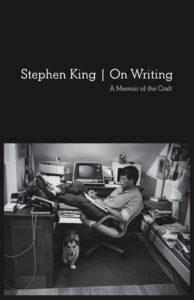
![DJ Wilson, Leader of KGW Media Group, Right in Time for Women’s Equality Day [Podcast]](https://www.veracityagency.com/wp-content/uploads/DJ-Wilson-PR-Talk-795x597-1.jpg)
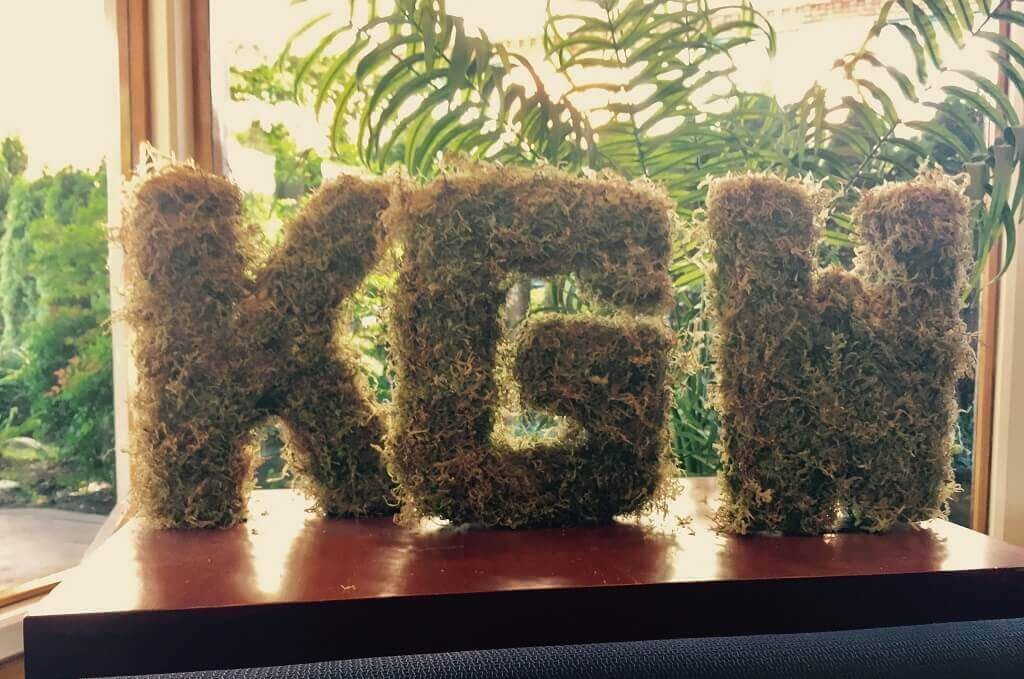


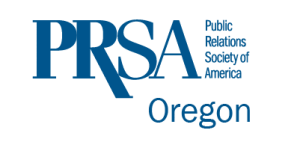
![Early to Bed, Early to Rise with KPTV’s “On the Go with Joe” [Podcast]](https://www.veracityagency.com/wp-content/uploads/Joe-V.-PR-Talk-795x595.jpg)
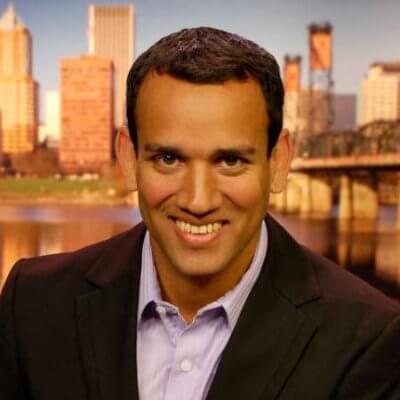
![Gary Stein: An Editor for the People [Podcast]](https://www.veracityagency.com/wp-content/uploads/Gary-Stein-Podium-795x597.jpg)
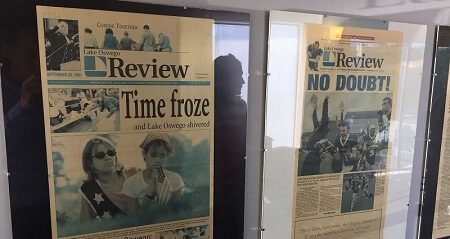
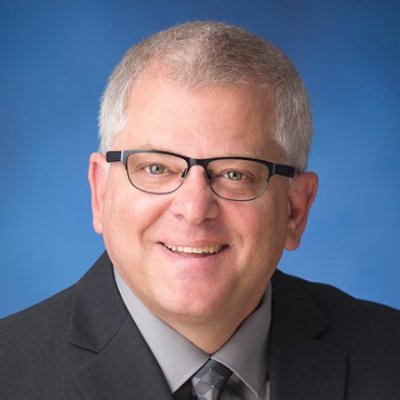
![Rick Turoczy: Our Own Slice of PIE [Podcast]](https://www.veracityagency.com/wp-content/uploads/Rick-Turoczy-PR-Talk_1024x683-feature-1024x675.png)

![The Original Influencer, Byron Beck [Podcast]](https://www.veracityagency.com/wp-content/uploads/Byron-Beck-Selfie-Veracity-795x597.jpg)
